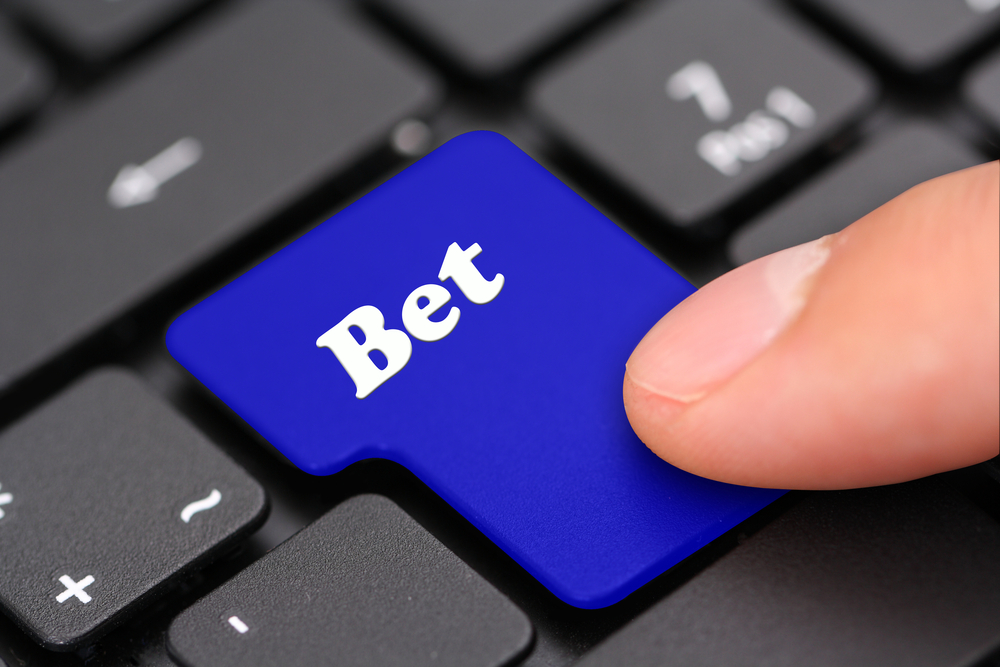
For many gamblers, betting has a somewhat superstitious quality to it. Sports bettors might place a bet on a given outcome based on their lucky number appearing on a player’s shirt, or a racehorse that shares their grandmother’s surname. Official organisations can encourage these tendencies; a famous example might be Paul the supposedly psychic octopus and his successor Pavlik who were said to be able to predict the outcomes of association football matches by climbing in to different tubs. Nevertheless, if you want to be in with the very best chance of winning when you place bets, it is crucial to have a good grasp of the probabilities involved.
Value betting and sports betting: what are they?
There are two key types of probability that we are going to deal with here:
- Value betting: an advanced betting technique in poker, whereby one player estimates how much their opponent is willing to bet, when the opponent has a weaker hand. Alternatively: a sports betting technique that involves looking at bookmakers’ odds with a critical eye.
- Sports betting: an umbrella term that can denote any kind of betting on a sporting event.
Each of these phenomena has different probabilities attached.
The probabilities involved in value betting
Value betting is a term that has two meanings: one in poker and one in sports betting.
In poker
Firstly, value betting can be the name for a poker technique that only advanced poker players are said to be able to perfect. However, anyone with a good grasp of probability can deploy this strategy. Concentration throughout the entire game is crucial for the lead up to placing a value bet. Try and guess what kind of hands your opponents are holding by the values of the bets they place. On the turn, raise your bet by a substantial amount to cause most of your opponents to fold. Ideally, you want a situation where you are left with just one opponent, so that you only need to calculate probabilities for one person. Crucially, you need to be almost certain that you have a better hand than your opponent. Based on what you have observed throughout the game, calculate how much money you need to lay down in order to force your opponent to stop bluffing and show their hand. This is ‘the value’.
How to calculate bet value in the sports world: the most common meaning of ‘value betting’
Value betting in the sports world is an opportunity that only arises a few times per year, so seize it when you can. A value bet can be placed when the probability that a bookmaker has given more a particular event to occur (for instance, that Chelsea FC will win their next away game) is lower than the actual probability that it will happen. This could be due to a simple mistake on the bookmaker’s part or it could be because you have done your research very carefully and have gathered more information than they have. The difference between the odds offered by the bookies and the real odds is known as ‘the value’. Betting on the bookies’ mistaken odds is known as value betting, and the extra money you can earn is known as ‘the value’.
A quick guide to probability in sports betting
One of the key sums that any sports bettor will need to know how to perform is calculating the expected value (often abbreviated to ‘EV’) of their bet. There is one formula to memorise for calculating EV and it has three steps:
- Step one: choose an amount for your stake (e.g. £10) and multiply the amount you could win with one bet by the probability that you will win.
- Step two: multiply the amount you could lose with a single bet (with the same stake as you used in step 1) by the probability of losing.
- Step three: subtract the value you got in step two from the value you got in step one. The result is your Expected Value.
The first thing to look at is whether your EV is positive or negative. if you choose a stake of £10 and find that the EV is -0.2, you will probably lose 20p every time you place a £10 bet. If the EV is 0.75, you will win on average 75p per bet. Remember, these are just average probabilities: you could still win big with a negative EV – it’s just less likely.
